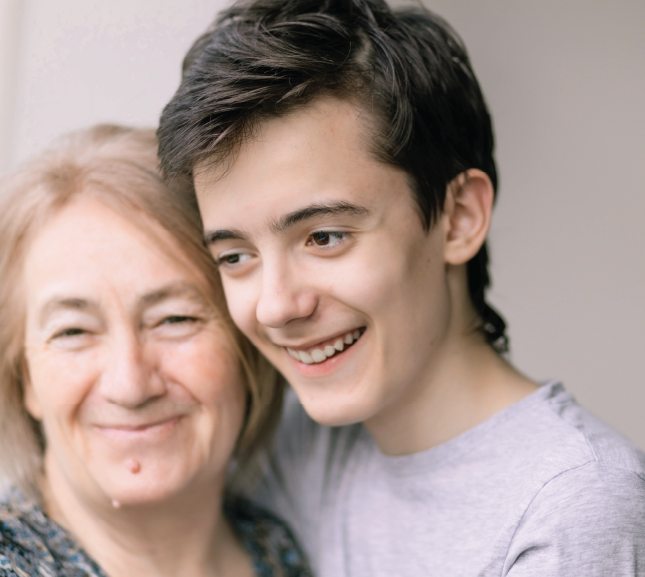The importance of engaged fathering
August 31, 2020
With Father’s Day upon us, we’d like to take this opportunity to celebrate Dads of all kinds – single dads, stepdads, working dads, granddads, stay-at-home dads and all other father figures.
Let’s investigate what science says about fatherhood and what an engaged father looks like.
Happy dad, happy life
Researchers have examined for decades the impact of engaged fathering. And while those that grow up without a father figure present can absolutely go on to live happy, rewarding, healthy lives, the correlations between positive personality traits and wellbeing and quality fathering are astounding.
- Overall, more than eight out of 10 studies investigating the link between father involvement and child happiness published since 1980 found notable associations between positive fathering and offspring wellbeing.
- Child psychologist Dr Kyle Pruett found that nurturing fatherly care is linked to pro-social behaviour in both girls and boys.
- A 26-year-long study discovered that father involvement is the number one factor in a child’s development of empathy. Children that spent more quality time with their fathers became more compassionate adults.
What does an engaged father look like?
There is no debating the importance of the father’s role in childhood development, with positive impacts influencing decision making and outcomes throughout a child’s life. But what does an engaged dad actually look like in practice?
First, he shows up. Fathers that live with their children, attend important events, and make time for one-on-one interaction are likely to have a more positive effect than unengaged fathers.
This doesn’t mean kids that live apart from their dads are unable to benefit from fatherly involvement. Absent fathers can phone, write letters, and visit their children in an effort to develop a close and beneficial relationship.
If a father cannot engage with their child to the extent they would like to, experts suggest that the idea of “buying love” isn’t such a bad one. Financial support from a father can lead to positive outcomes for the child.
It’s worth noting that the quantity of time a father spends with their child isn’t the only contributing factor. Quality is crucial, too. Engaged fathers are those that are interested in the child’s life and are warm and non-judgemental. Insulting, cold, and dismissive fatherly interactions can lead to adverse outcomes.
In celebration of single fathers
The effect fatherhood has on a child’s development and wellbeing is a proven phenomenon, with many studies highlighting the importance of engaged fathering. The impact is multi-faceted and far-reaching – kids that are raised with a committed dad or male role model are less likely to end up in jail or drop out of school, and more likely to have high-paying jobs and stable relationships.
Australia is home to just under 200,000 single-dad families, significantly less than the 878,000 single-mum families. And while all engaged parents are superheroes, single fathers do have it tough.
Across the board, society places significant emphasis on motherhood, with many mums citing extreme pressure to be perfect. The importance of mothering is generally well understood. The importance of fathering, on the other hand, not so much. This can lead to insecurity in single-dad homes.
However, an analysis of more than 100 studies on the relationships between parents and children found that the presence of a loving father is just as important to a child’s wellbeing, social behaviour, and academic success as a loving mother. Some researchers suggest that a nurturing father is more critical to the development of positive traits and outcomes in children.
Either way, single fathers are doing incredible work.
Appreciating all Dads
Father’s Day is a time to celebrate the father figures in our own lives and recognise just how vital their role is. So, here’s to all the different types of Dads!
Photo credit Unsplash @nathananderson
More news stories like this one
Empowering through skills – our Clarke Road disability hub launches innovative new programs
Over the past five months we've revamped and launched several new programs at or Clarke Road disability hub, each one focused on learning, independence and empowerment.
Read MoreBunnies, eggs and fasting – we answer some of your Easter questions
Every year, once Christmas is over, the Easter bunnies, eggs and hot cross buns seem to enter shopping centres earlier and earlier. These symbols of Easter are so entrenched in our culture that we don’t often think to ask where they originated.
Read MoreOscar’s search for family takes him to NZ
From a young age, Oscar wondered about his estranged family, but these thoughts were often associated with sadness. After entering care with CatholicCare in 2019, his team of workers became his substitute family.
Read More


